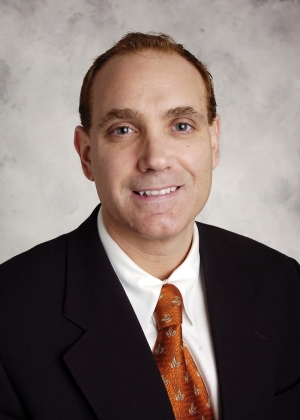 Did you get enough sleep last night?
Did you get enough sleep last night?
According to the Centers for Disease Control and Prevention, about one in three American adults do not get enough sleep on a regular basis. A lack of sleep or poor quality sleep has been linked to chronic diseases and conditions, such as Type 2 Diabetes, obesity, depression, and heart disease. From preventing minor mistakes at work to an increased risk of injury, good sleep is important to your health. Kevin Law, MD, RWJBarnabas Health Medical Group, who specializes in pulmonology, critical care and sleep medicine, answers some key questions regarding sleep disorders and the first steps in determining the cause of sleep disturbance.
What are the most common types of sleep disorders?
The most common sleep disorder is sleep apnea, which affects as many as 18 million Americans. Sleep apnea is a breathing disorder that disrupts a person's sleep and usually is accompanied by snoring. Men and people who are obese are at greatest risk.
Restless leg syndrome is often referred to as "the most common problem you have never heard of." It is a neurological movement disorder characterized by an uncomfortable sensation in the legs. Because it occurs most frequently late in the day or at night, especially when lying down, restless leg syndrome is a leading cause of sleep problems.
Narcolepsy, another prevalent sleep disorder, is a chronic neurological disorder that is characterized by involuntary sleep attacks at inappropriate times, such as falling asleep at your desk or during a business meeting.
How can sleep disorders impact your health?
If untreated, sleep disorders can increase a person's risk for heart attacks, stroke, hypertension, diabetes, heartburn and depression. Lack of sleep also can lead to "drowsy driving," which is a dangerous situation for everyone on the road. In addition, sleep disorders can impact your work productivity and personal relationships.
What should I do if I suspect that I have a sleep disorder?
Talk to your doctor. “Snoring, insomnia, sleep apnea and other sleep disorders are more common than you think. They can be a sign of a serious health condition and put you at risk for high blood pressure, heart attack, stroke and the inability to maintain a healthy weight,” says Dr. Law. An overnight sleep study may be needed to pinpoint the cause of your sleep disturbance. RWJUH Hamilton's Sleep Center is an accredited Medical Center by the American Academy of Sleep Medicine (AASM) and offers a full range of services used in the evaluation, diagnosis and management of many sleep-related disorders in adults and children. The Center offers customized scheduling for your convenience and is located at 1 Union Street, West Lake Building, in Robbinsville, NJ.
Or call 609-245-7430